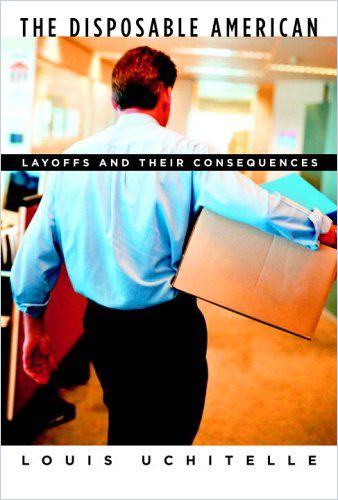“You’re fired!”

In an article in The Wall Street Journal, reporter Eric Morath discusses the latest data on coronavirus-related terminations in the United States:
US workers filed fewer unemployment applications for the eighth straight week, but the level of claims remained 10 times higher than before the coronavirus pandemic.
Eric Morath on WSJ.com
Although there is a silver lining, the redundancies still affect a large number of employees.
How do you deal with a (increasingly likely) dismissal?
Do you believe that a wave of layoffs is imminent in your company?
Well, more than 50% of employees eventually have a “career derailment” when they get demoted or fired, or their careers flatline. They derail due to a lack of self-awareness, an inability to fix their blind spots or a misalignment with corporate culture. So, time to change some habits!
Executive Carter Cast illustrates employee behavioral problems in five archetypes, and he shows you how to leverage the skills your firm needs (especially now!), understand your motivation and become your own advocate.
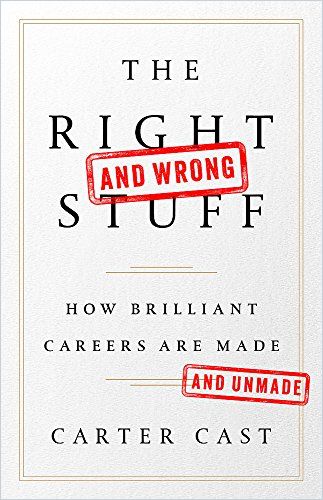
Before dismissals are issued, executives should carefully consider the consequences (besides the hoped-for, such as reduced costs). Because there are plenty of them. And some of them don’t make the situation better, they make it much worse.
Layoffs, for example, disrupt the psychological contract between workers and employers, making everyone demoralized, depressed and angry. Those who remain on the job after their co-workers are dismissed often experience “layoff survivor sickness,” which leaves them feeling violated and detached. They become afraid to take chances, thus undermining productivity and competitiveness. This is often ignored, so it might be a good time to address the issue. Here you will find everything you need:
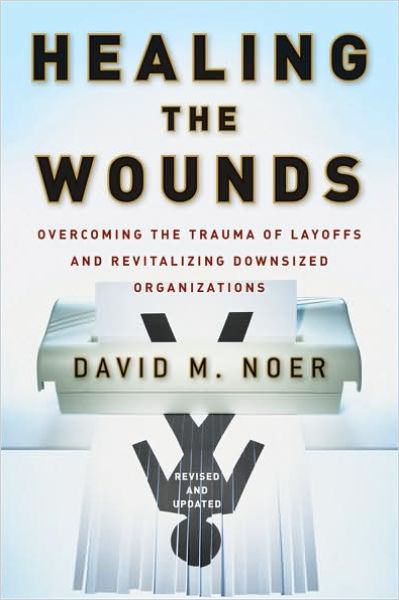
If dismissals are really unavoidable, it is the duty of all those involved to make them as consensual and socially acceptable as possible. Useful tips for both sides of the story can be found here:
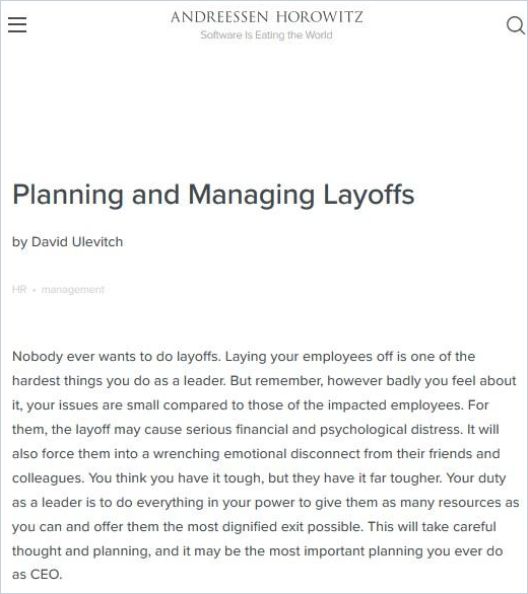
You’ve been fired and you don’t know what to do?
Getting laid off also can signal a time for renewal, starting over and moving ahead in an exciting new direction. getAbstract finds that retirement expert Lita Epstein does a very solid job of showing you how to cope with life after a layoff. She explains how to make the best of a bad situation by taking practical, weekly steps. Her book will help you achieve a heads-up state of preparedness:
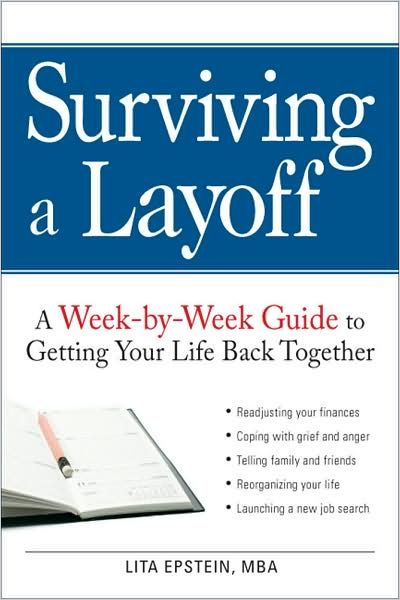
A job loss undermines your whole emotional structure, and it can especially undermine your sense of security if your identity is wrapped up in your job. You need to regain your stability and confidence to get another job and to choose it well. Here is how to do it:
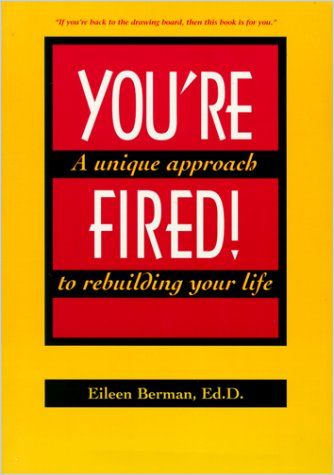
If you are a US citizen, consider taking a look into Richard C. Busse’s Fired, Laid-Off or Forced Out. He answers many questions about US employment laws and how they differ from state to state.
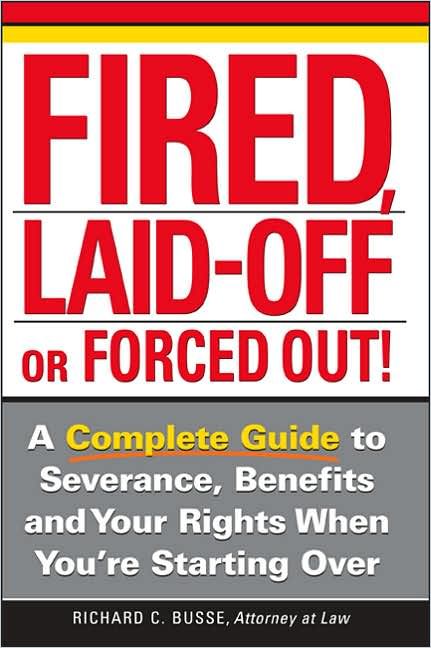
You want to get a fresh start and make things better next time?
Good! Seek five “career builders” that can help you reach your goals: mentors, relationships, professional counseling, coaching and connections. Here is how to do it:
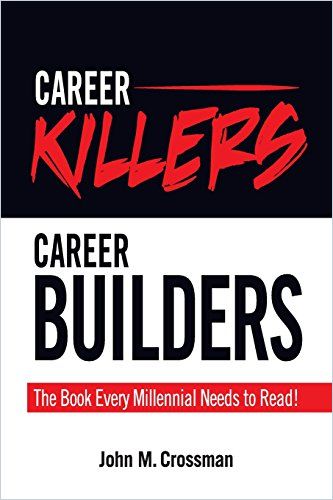
You’ll find all you need to be well-prepared for the search for a new challenge in our channel:

For further reading
